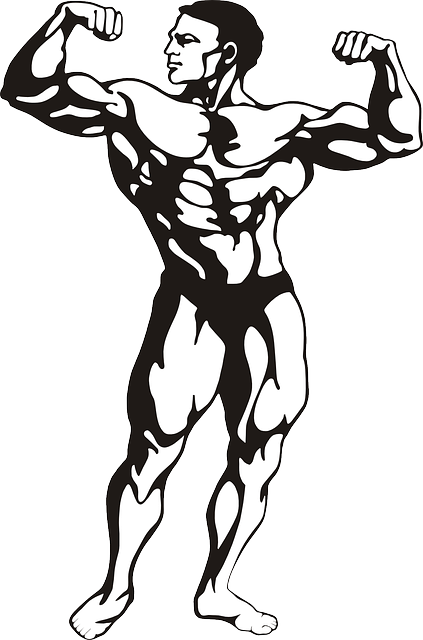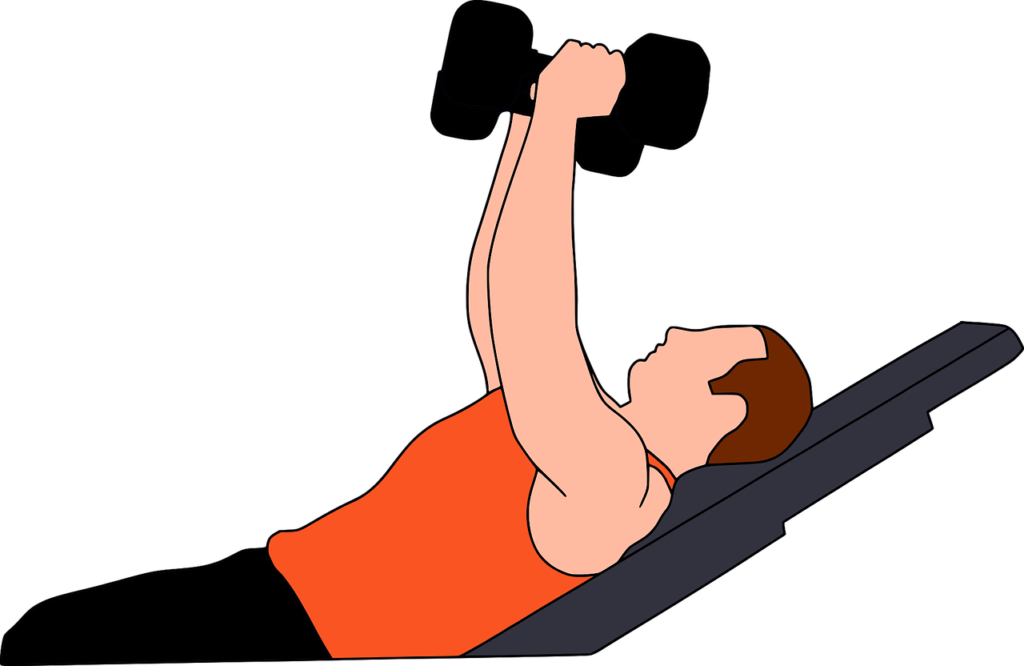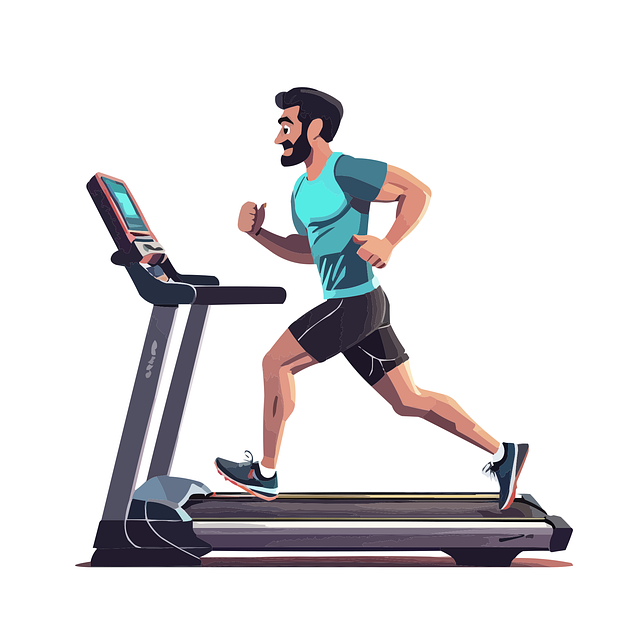Muscle activation therapy (MAT) is an effective way to strengthen and optimize the functionality of your muscle-skeletal system, helping it communicate more efficiently with the brain while bearing more physical stress.

Greg Roskopf created MAT as an innovative way of finding neuromuscular inhibitions of specific joint motions. A certified MAT specialist performs various tests and stimulates weak or inhibited muscles for you in order to help make you feel better.
Boosts Your Overall Neuromuscular Efficiency :
While traditional therapies (like physical therapy or massage) aim to relieve muscle tension and expand range of motion, muscle activation techniques go one step further by helping the body strengthen weak muscles while giving overworked ones some rest. This increases neuromuscular efficiency of your entire system resulting in less discomfort and better performance.
MAT stands apart from other muscle-specific therapies by its holistic assessment and treatment approach, not simply treating individual muscles. A MAT practitioner will begin your session with an assessment to gain a baseline view of any individual limitations within your muscular system before working on each muscle and group to improve contractile capabilities and thus build your stress threshold over time – an indicator of muscle health.
Muscle activation therapy offers several important advantages over traditional medical practices. One significant advantage is reducing strain on specific joints and muscles within your body due to overuse or compensation patterns; practitioners with experience are highly qualified at detecting imbalances within the muscular system that could otherwise cause injury.
Strength training can also be an excellent way to reduce your risk of injury during training or exercise. By strengthening weak muscles and decreasing overuse of overworked ones, you improve communication between your brain and muscular system – helping your muscles understand what sequence and timing is needed for every movement or exercise.
Muscle activation therapy is not only great for relieving specific injuries or discomfort; it is also an invaluable asset when looking to enhance workouts and athletic performances. So whether you’re an occasional weekend warrior looking for ways to stay in top form for the big game ahead, or an athlete wanting to increase strength and endurance levels – contact Mayfair Parkway Fitness now and learn about our muscle activation therapy services!
Muscle Activation Therapy Reduces Your Risk of Injuries :
Your muscles must be activated properly in order to communicate effectively between themselves and support joint mobility, making exercise less likely to result in overexertion from an inhibited muscle leading other ones to overwork and tighten as compensation measures.
Muscle tightness can be both uncomfortable and potentially risky when exercising or engaging in athletic activities, making you more prone to injury than is healthy. That is why seeking assistance from a specialist to identify and correct specific weaknesses so that your neuromuscular system functions more efficiently.
Muscle Activation Techniques (MAT) specialists offer precise muscle-testing movements designed to identify weakest muscles. We then work on improving their activation and function with hand manipulations that improve how your muscles contract.
Greg Roskopf, an expert biomechanic, created MAT to balance your muscular system and increase strength, motion and flexibility. It’s a simple method suitable for all ages and fitness levels – whether recovering from injury, struggling with the challenges of aging or looking to optimize athletic performance.
If your hip flexors are tight and compromised, this could lead to an improper movement pattern with your knee, leading to everyday activities like squatting and climbing stairs becoming painful for you. By correcting this imbalance, we can restore normal function for your knee and help it function more freely than before.
Poorly functioning muscles in your body can contribute to overworked and tight tendons and ligaments, increasing joint instability and the risk of injury. By identifying and strengthening any weak areas in your muscles, it may be possible to avoid such situations altogether and protect yourself from any possible future injuries.
Strengthens Key Muscles
Muscle activation differs from stretching by using slow, precise movements that target muscles at their origin and insertion points for strengthening. Muscle Activation Technique specialists use precise muscle testing and corrective exercises to identify weaknesses within the muscular system that inhibit its ability to contract effectively – increasing strength and decreasing injury risks in this way.
Muscle activation exercises performed during a workout combine larger movements to increase heart rate and blood flow as well as mobility movements that target range of motion around a joint. While other therapies aim to relax muscles, MAT’s emphasis lies on strengthening them so weaker ones can take on additional load without risking injury to yourself or others.
While MAT can address many different problems, such as joint instability and limited range of motion, its core philosophy is that pain is a signal from within your muscular system that something needs attention. Created by biomechanics expert Greg Roskoph, MAT helps identify what could be causing discomfort so it can be addressed more effectively.
MAT holds that pain isn’t caused by muscle tightness but by weak muscles which prevent body movement patterns from functioning as intended. When one muscle cannot contract on demand, its nervous system will look for ways to compensate – creating unintended wear patterns which lead to chronic strain or injury of other nearby muscles.
Inhibited muscles may be caused by injury, stress, overuse or nutritional deficiencies. At MAT we can identify such muscles using precise muscle tests before palpating their origin and insertion points to restore proper communication between these and the nervous system.
No matter if you are an athlete looking for enhanced performance or someone simply seeking improved body movement, muscle activation therapy (MAT) offers many advantages that will enhance the quality of your life. Contact one of Fitness Matters’ MAT specialists in Worthington, Grandview, Pickerington or Westerville now to see if MAT may be right for you!
Increases Your Range of Motion
No matter your experience level or ability – whether an elite athlete, novice gym goer, or someone somewhere in between – muscle activation therapy can improve your physical abilities and allow for easier movements. By increasing range of motion and freeing up more movement space it can provide hugely valuable results in terms of training success and increase range of motion for anyone looking to take their training further.
Muscle Activation Technique, commonly referred to as MAT, is an assessment and hands-on method designed to improve muscular system contractibility while decreasing movement restrictions. Established by Greg Roskoph – an established biomechanics expert who has worked with professional sports teams – MAT offers an innovative method for diagnosing and correcting imbalances within muscles.
MAT differs from other forms of bodywork such as massage therapy and personal training in that its practitioner employs various assessment techniques to identify which muscles are causing discomfort, stiffness or limited movement. Once identified, manual manipulations will be employed in order to help activate and move more freely through those muscles.
MAT’s core principle is that muscle tightness results from an underlying weakness. When one muscle is inhibited, its strength may decline by 50% – forcing other muscles to compensate by tightening tighter in order to protect the area against potential injury.
Over time, these compensation patterns can cause irreparable wear on your joints, leading to chronic pain or even joint replacement surgery. A trained MAT specialist can identify and strengthen weak muscles that contribute to this phenomenon, alleviating their lack of function and their associated discomfort.
Many clients who have undergone MAT sessions have reported positive outcomes with regard to conditions like rheumatoid arthritis, chronic fatigue syndrome and fibromyalgia. Though MAT cannot cure these diseases directly, its goal of improving muscle function has shown positive impacts across other areas of their bodies such as digestion and breathing.
No matter your physical goals, a Muscle Activation Technique specialist can help you meet them through hands-on techniques and personalized client sessions. Their main aim is to strengthen the link between the brain and muscles which are failing to contract subconsciously when they should.

